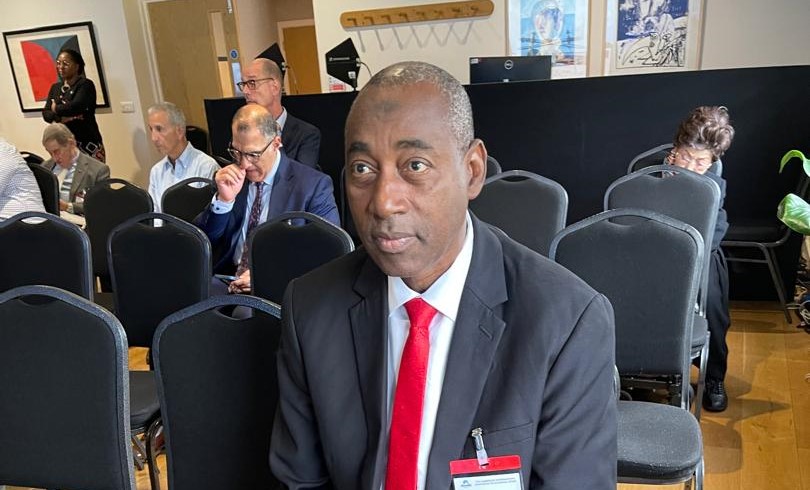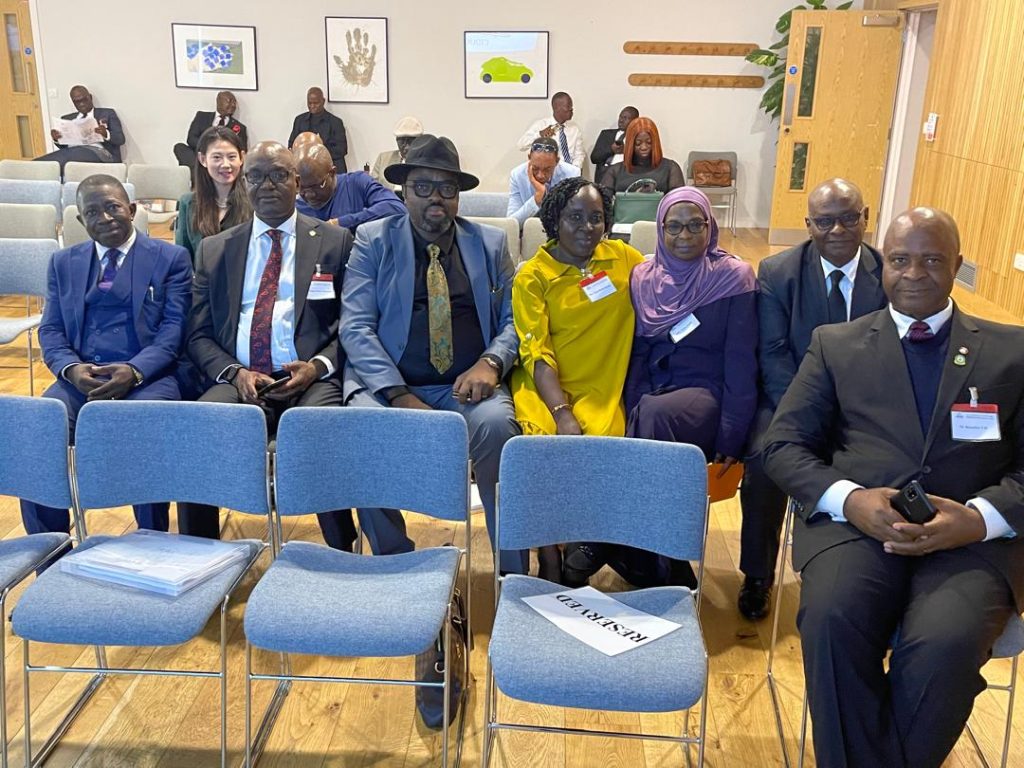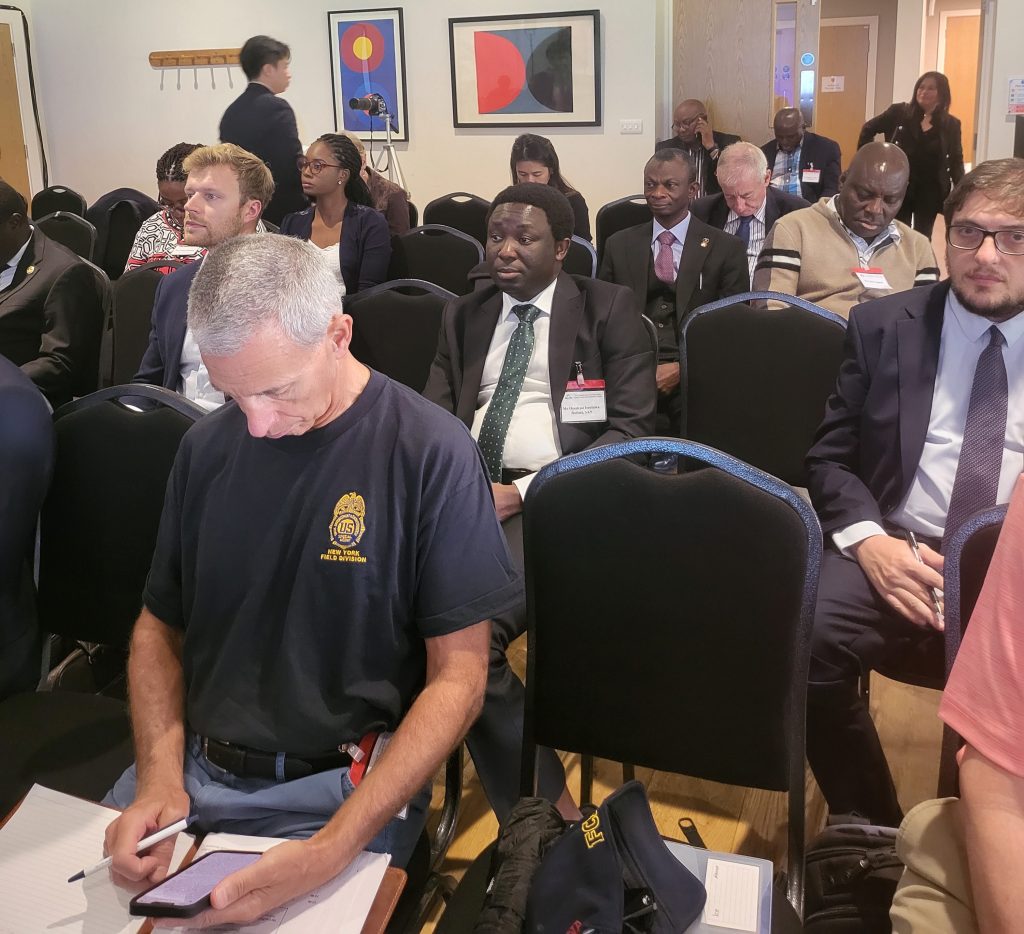
Top officials of the Economic and Financial Crimes Commission (EFCC) are among a galaxy of global anti-corruption experts attending a weeklong converge in International Symposium on Economic Crime in Cambridge, United Kingdom.
The Symposium, in its 41st series is ongoing at Jesus College, one of the oldest Colleges within the University of Cambridge, with the theme: “Suspect Assets.” It is designed to offer insightful and explorative discourses and interventions in dealing with asset tracing, recovery, forfeiture, and associated issues.
The EFCC’s team, led by Commission’s Secretary, Mohammed Hammajoda, is immersed in a deep peer review of complex frameworks needed to address threats posed to nations by fraudsters, proceeds of their crimes, and legal reprisals to foreclose the enjoyment of their criminal gains.
Professor Barry Rider, Founder, Executive Director, and Co-Chairman, Jesus College, Cambridge, says that the Symposium focuses “On a raft of concerns relating to the identification, interdiction, and control of suspect wealth, whether this constitutes criminal property, unexplained wealth or wealth possessed by those we don’t like! And, perhaps for the stability and security of our economies, rather more importantly, the impact- direct and indirect of such interventions on the rest of us- and in particular our financial institutions and their advisers”.
Issues pertinent to assets acquisition by fraudsters are scheduled for analysis. They include: “The nature and character of suspect wealth; Why attack assets in the first place? Asset removal- an aspect of interdiction or a punishment; Identifying suspect wealth; Pursuing suspect wealth in cyberspace and Unexplained wealth- a concept or a tool?”

Others are, “Tracing suspect wealth through the civil law; Freezing suspect wealth; Laundering suspect wealth-how can we make it riskier for those involved; Sanctions and suspect wealth; FATF grey listing; A practical update on corruption, AML & Financial Crime and Prosecuting Prime Ministers and other “big beasts” for corruption”, among others.
Explaining the “Problems of identifying suspect wealth in the financial system,” Dr. Umar Bello, Head, Strategic Intelligence Analysis Unit, EFCC, says “The major problems are third-party money laundering, trade-based money laundering, concealment of beneficial ownership, and excessive use of cash transactions to obscure illicit sources of funds”. To break these jinxes, Bello recommended that effective case management principles should be adopted to identify suspects’ wealth in the financial system. He also stressed the over-arching need for multi-lateral collaboration among agencies involved in asset tracing to strengthen their officials in dealing with the complexities of suspect assets.

Justice John Tosho, Chief Judge of the Federal High Court, Nigeria, shared with the global audience efforts being made through the Nigerian criminal justice system to trace, recover and reintegrate suspect assets into the national treasury. “We are making considerable efforts to ensure that fraudsters don’t get away with the proceeds of their crime,” he said.
He explained the processes and procedures of forfeiture of assets and the appreciable successes attendant to them.
The Symposium parades a rainbow gathering of academics, judges, lawyers, investigators, public affairs experts, government officials, policymakers, and law enforcement officers across the globe.




